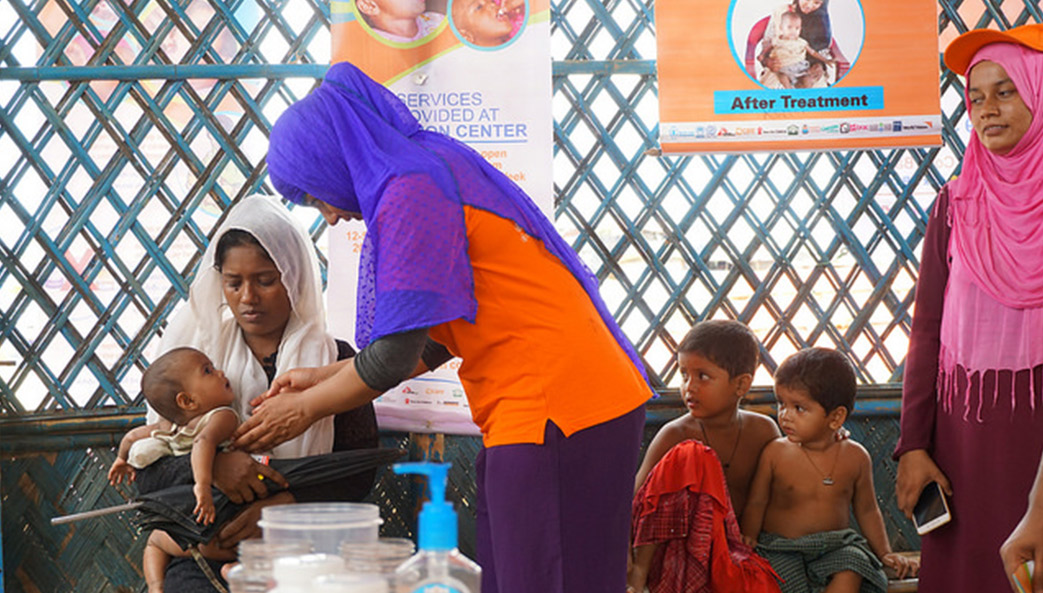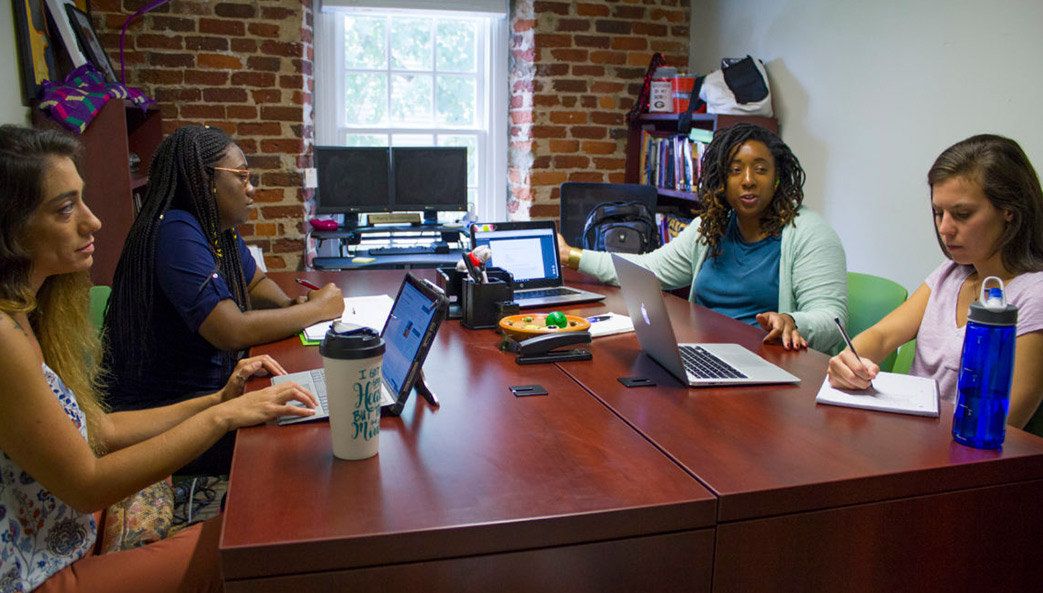As the refugee crisis continues to grow in Europe, Bangladesh and now in Central and South America, a growing number of non-profit organizations are working to provide a range of humanitarian services to refugees in camps and after resettlement.
But not enough attention is given to the special needs of pregnant and postpartum refugee women, according to new research from the University of Georgia.
Among the 21 million registered refugees, half are women and girls. Yet comprehensive women’s health services are often lacking, and pregnant women are particularly vulnerable to lapses in necessary care.
Prenatal and postnatal care should be prioritized for all pregnant women, but especially for refugee women. They are not only managing a pregnancy and preparing to care for a newborn infant, but also learning to navigate a new healthcare system and cultural norms, says Aishah Khan, who led the study as a graduate student at UGA’s College of Public Health.
Khan and collaborator Sarah DeYoung, an assistant professor of health policy at the college, interviewed five U.S.-based nonprofit organizations that deliver maternal care services to refugee women from more than 25 countries in camps and after resettlement in the United States and identified key organizational successes and challenges.
They found that success stemmed from organizations’ ability to provide individualized support to clients and connect them to the health services they need, while taking into account their cultural and linguistic needs.
“One of the most interesting concepts we saw was organizations employing people who had used the services before,” said Khan. “That really helped to build community and build trust with the organization, and helped the women not feel so isolated.”
The main organizational challenge for these organizations is funding. Khan believes this is related to pervasive misperceptions and unease about refugee settlement.
“There isn’t a lot of political support for settling refugees in the U.S.,” she said. “That influences the funding [organizations] receive from the federal government and also individual donors.”
Khan says these findings can offer a framework of best practices for organizations working with refugees or other marginalized groups, but she also hopes that highlighting the work these organizations do will help make people more aware of the need to support health services for refugees.
The study, “Maternal Health Services for Refugee Populations: Exploration of Best Practice,” published September 6th in Global Public Health. It is available online here.






